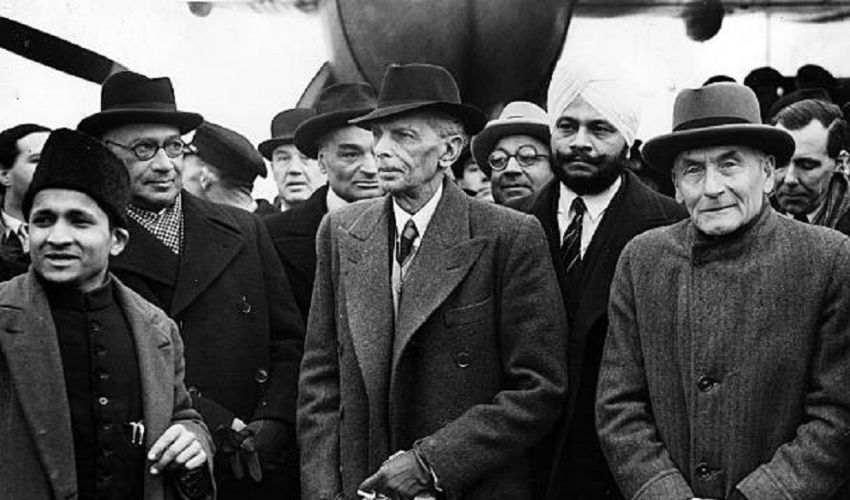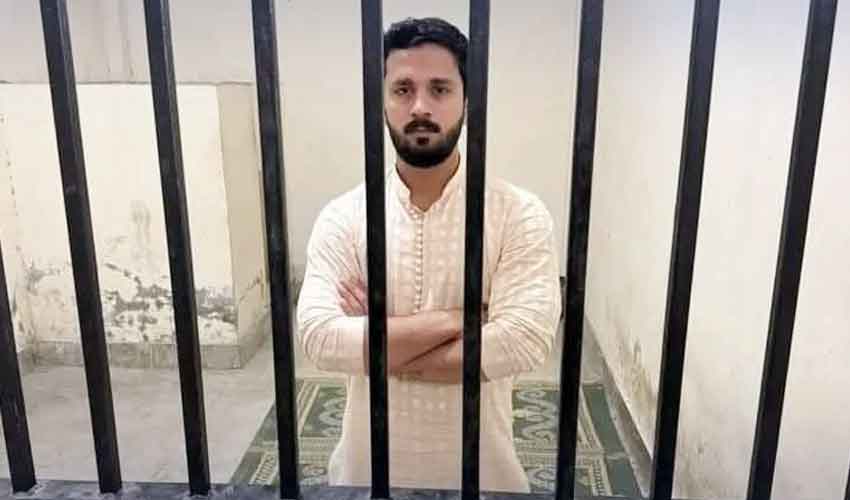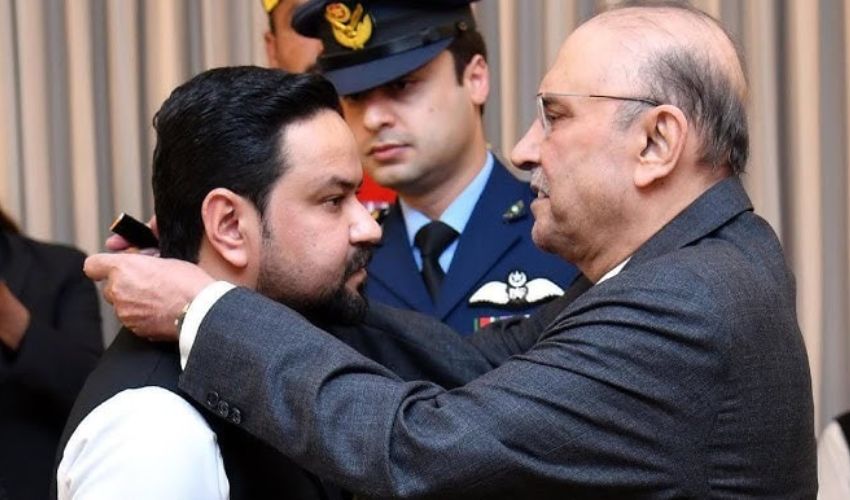Pakistan is marking the birth anniversary of the Father of the nation, Quaid-e-Azam Muhammad Ali Jinnah. He was born on December 25, 1876, and breathed his last on September 11, 1948.
Quaid-e-Azam's selfless struggle for Muslims in the Subcontinent during British India transformed into the birth of a new country, Pakistan.
Muhammad Ali Jinnah served as leader of the All-India Muslim League—originally formed in 1906—from 1913 until Pakistan’s independence on August 14, 1947, and as Pakistan’s first Governor-General from August 15, 1947, until his death.
Quaid-e-Azam started his political brilliance from the Indian National Congress platform and was termed an ‘Ambassador of Hindu-Muslim unity’ helped shape the 1916 Lucknow Pact between the Muslim League and the INC.
After that, witnessing the Indian National Congress's non-cooperative policies towards self-governance and discouraging separate representation of Muslims in legislative assemblies convinced Quaid-e-Azam to fight solely for Muslims in British India from the platform of the All India Muslim League.
Muhammad Ali Jinnah was an exceptional barrister who was one of the top-earning lawyers in British India. Jinnah was a man who did things in entire life as per his own choices whether it was politics or love. His famous quote reads, “Think a hundred times before you take a decision, but once that decision is taken, stand by it as one man.”
He was the architect of the famous fourteen-point constitutional reform plant that safeguarded the political rights of Muslims in British India as per the two-nation theory.
The biggest political power show of British India was the Lahore Resolution — which the Indian press coined as the Pakistan Resolution — where the leader of the nation demanded a separate homeland for Muslims in India.
Jinnah’s political intelligence checkmated the British representatives’ viceroys and lords as well as leaders of the Indian National Congress Mahatma Gandhi and Jawaharlal Nehru to convince the partition of British India into Pakistan and India in 1947.
All India Muslim League won most reserved Muslim seats in the elections of 1946 and subsequently British Parliament passed the Indian Independence Act on 18th July 1947.
In the aftermath of the Partition of British India, two provinces Punjab and Bengal suffered the most as millions of people were butchered in Partition riots from all religious communities across the border — Muslims, Sikhs, and Hindus.
According to biographer Stanley Wolpert: "There are very few individuals who changed the course of history, even fewer are those who changed the world map. Not one who built a nation. Jinnah alone did all three”.



























